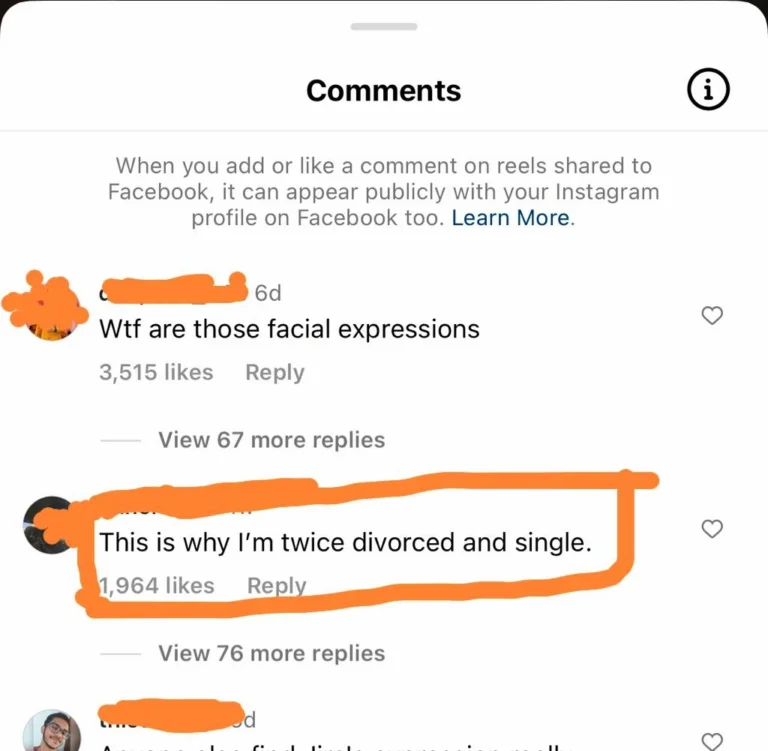I made a new friend during my master’s, and we were having an interesting conversation about relationships and love languages. She said something I didn’t quite expect her to say. She said, “For me, I’ll make it my burden to teach my man about all my love languages. And when I do, I expect him to show me some real love.”
Now, this particular statement is interesting to me because it’s not every day you’ll meet someone, especially a woman, who would say they want to make it easy for their partners to love them by teaching them their love language.
I know that I didn’t tell my husband about my love language or ask him about his. As a matter of fact, I didn’t even know anything about it. And that was seven years ago. Well, fell in love and have continued loving each other to this date.
However, as we evolved in our relationship, learned more about each other and more about love, we got to know about love language. So, my husband and I sat down to talk about it, and from there, we made an effort to express each other’s love language.
What about you?
Have you ever felt misunderstood in your relationship, even when your partner says “I love you”? You something? The problem might not be a lack of love but a mismatch in your love languages.
As many people search for content like “why love languages are important” and “can love languages change” globally, it’s clear that this concept is reshaping how we approach connection and intimacy.
And that people are making efforts to love better. Hence, my interest in writing this post today. So, if you’re reading this post now, take your time, sip some juice, and read to the end of the post. Trust me, it’s worth your time.
What Does “Love Language” Really Mean?

I love spending time with my husband. Especially when we cuddle in our bed, stare at the ceiling, and talk about life, business, and the word of God. That way, I feel close to him as well as feel loved.
I know I love having quality time with my husband, but I never classified it until I learned the term and realised that my love language is quality time.
Love languages were coined by Dr. Gary Chapman (author, speaker, and counselor). It refers to how people express and receive love. They come in five types, which include;
The five types of love languages by Gary Chapman
- Words of Affirmation. So when you tell your partner she’s the most beautiful girl in the world, that’s a word of affirmation. It’s about complimenting your partner or feeding him/her with encouragement.
- Acts of Service: Yesterday, I was so tired and I just wanted a night free from waking up plenty of times to breastfeed baby Fiifi and burp him to sleep. My husband offered to take that burden off my shoulders. He suggested I express some breastmilk, and he will take care of the rest. I was so grateful when I woke up today feeling good and revived. What my husband did was an act of service. It’s about doing helpful things for your partner. And, trust me, you will appreciate this love language more when you’re married and have kids.
- Receiving Gifts: It’s nice when someone thoughtfully gets you something you like or need. It shows that the person cares about you. Some people highly appreciate this gesture. So, maybe, the next time you meet someone who likes receiving expensive stuff, please don’t judge too much.
- Quality Time: It’s about giving your partner undivided attention. Those lovely, unforgettable shared moments you have with your loved one.
- Physical Touch: Physical closeness. The hugs, hand-holding, kisses, and more.
Every person has a primary and sometimes secondary love language that resonates most with them. Just like I said earlier, my primary love language is physical touch, and the other complementing it is physical touch.
Why Love Languages Are Important
You can’t just assume that since you like physical touch, your partner should too. I believe that your partner appreciates it or feels loved and emotionally satisfied if you’re able to identify his/her love language. Most importantly, understanding your love language—and your husband or wife’s—can:
- Reduce conflict
- Improve communication
- Increase emotional intimacy
- Boost relationship satisfaction
Mind you, it’s not just for romantic relationships either. Parents, friends, and even coworkers can benefit from this insight.
Are Love Languages Real or Just a Trend?
A lot of people ask, “Are love languages real?” Understand this, dear friend, although it’s not a clinical diagnosis, love languages are rooted in psychological insight. They offer a practical insight to navigate emotional needs, which has led to their lasting popularity.
Can Your Love Language Change?
Although my love languages are quality time and physical touch, I’ve come to appreciate acts of service more after giving birth. Girlll, taking care of a baby is so stressful. You have a whole lot of stuff to do even before the day begins.
And when you get someone who takes some of your stress away, you’re always thankful for that person. I thank God so much for giving me a husband who’s constantly trying to make my life easier.
So, yes, and it often does. Life events like childbirth, career shifts, or personal growth can influence how you give and receive love. For example, someone like me who once prioritized physical touch might now value acts of service more, especially when parenting or managing a busy household.
Love Languages for Men vs. Women: Is There a Difference?
People are curious about how both genders receive or express love languages. They wonder if it’s the same thing for men and women.
There are no fixed rules. But men may lean toward physical touch, while women may express love through words or acts. Nonetheless, this varies greatly. What matters is asking your partner about their love languages and not making assumptions.
Finding the Love Language You Give
The thing is, you may express love in one way and prefer to receive it in another. Reflect on what makes you feel most appreciated and ask your partner the same.
This way, you’re both expressing and receiving the right kind of love from each other. It helps you to weigh if you’re caping of expressing your partner’s love language.
Love Better by Learning Deeper
Love is beautiful!
This feeling in the heart is sweet!
Understanding love languages isn’t about labels. It’s about listening and loving better. As people increasingly ask, “why love language is important?” it’s clear we’re all yearning for more meaningful connections. Start today by discovering yours.
Have you discovered your love language yet, and has it changed over time? I’d love to hear how it’s shaped your relationships!
FAQS on love languages
The five love languages are Words of Affirmation, Acts of Service, Receiving Gifts, Quality Time, and Physical Touch. Each represents a different way people express and receive love.
They help partners understand each other’s emotional needs, reduce misunderstandings, and strengthen emotional connectio
Yes. Life experiences, age, and relationship dynamics can shift how you give and receive love.
While not clinical diagnoses, love languages are grounded in relationship psychology and are widely used in therapy and counseling.
You can reflect on what makes you feel most appreciated or take a free quiz at 5lovelanguages.com.
PS. Before you go, don’t forget to subscribe to my newsletter. I share wonderful content on motherhood, relationships/marriage, self-improvement tips for women, spirituality (what are we if we don’t have God?), and highlights on worldwide gospel celebrities. Don’t worry—it never gets boring. This is a safe, welcoming space for a wonderful woman like you. Subscribe now!









1 comment